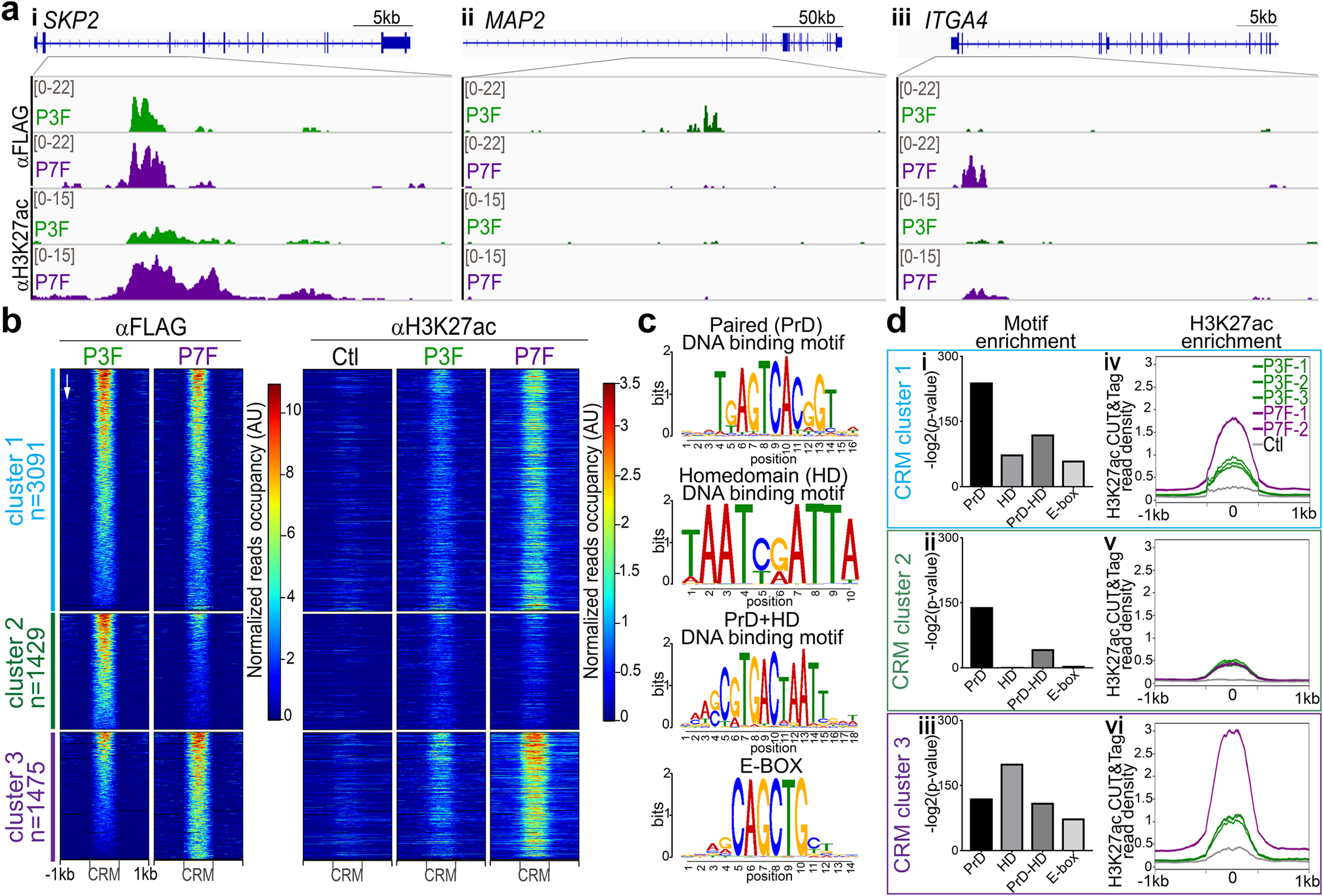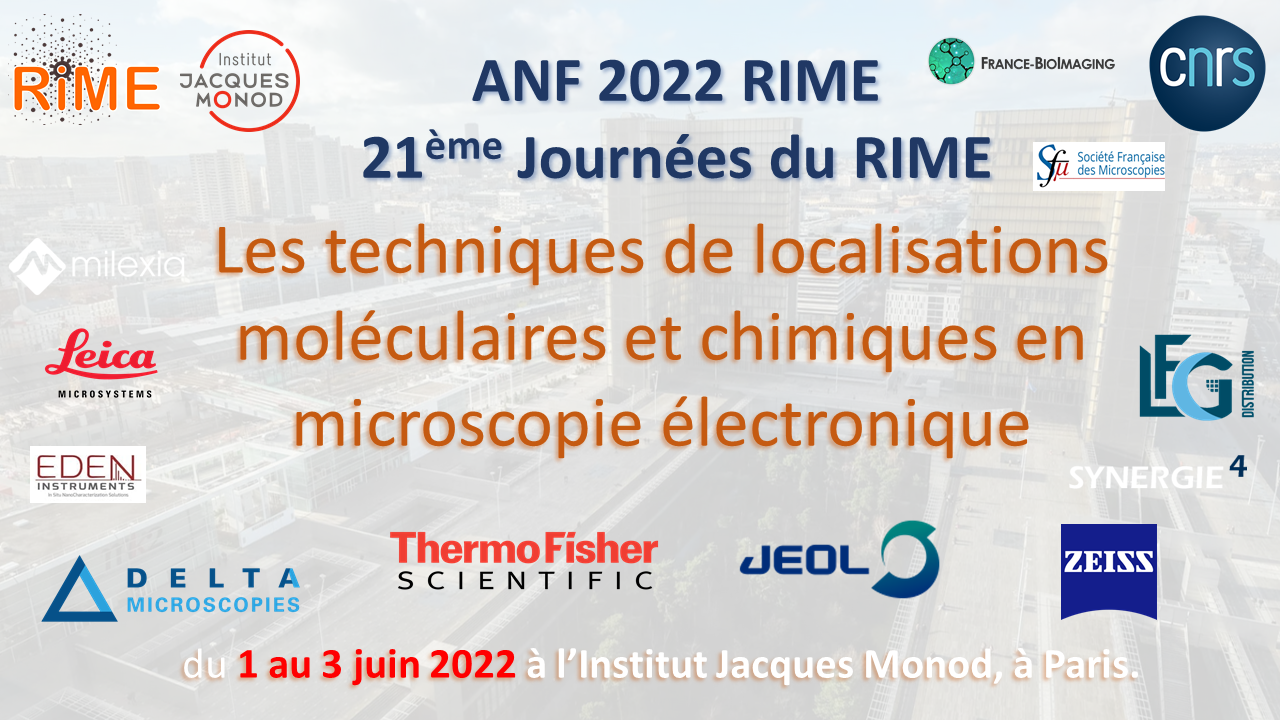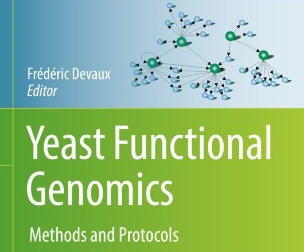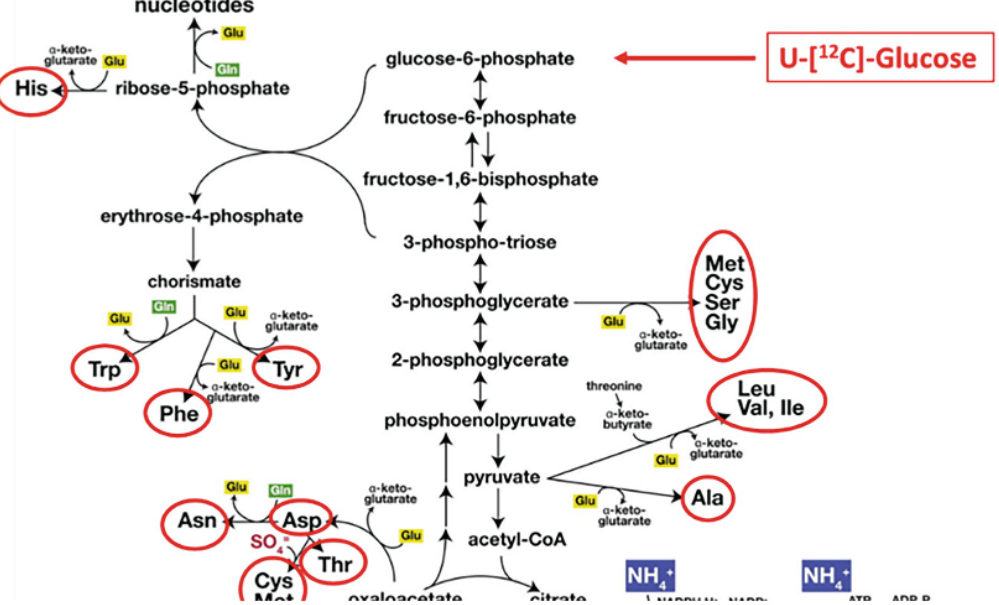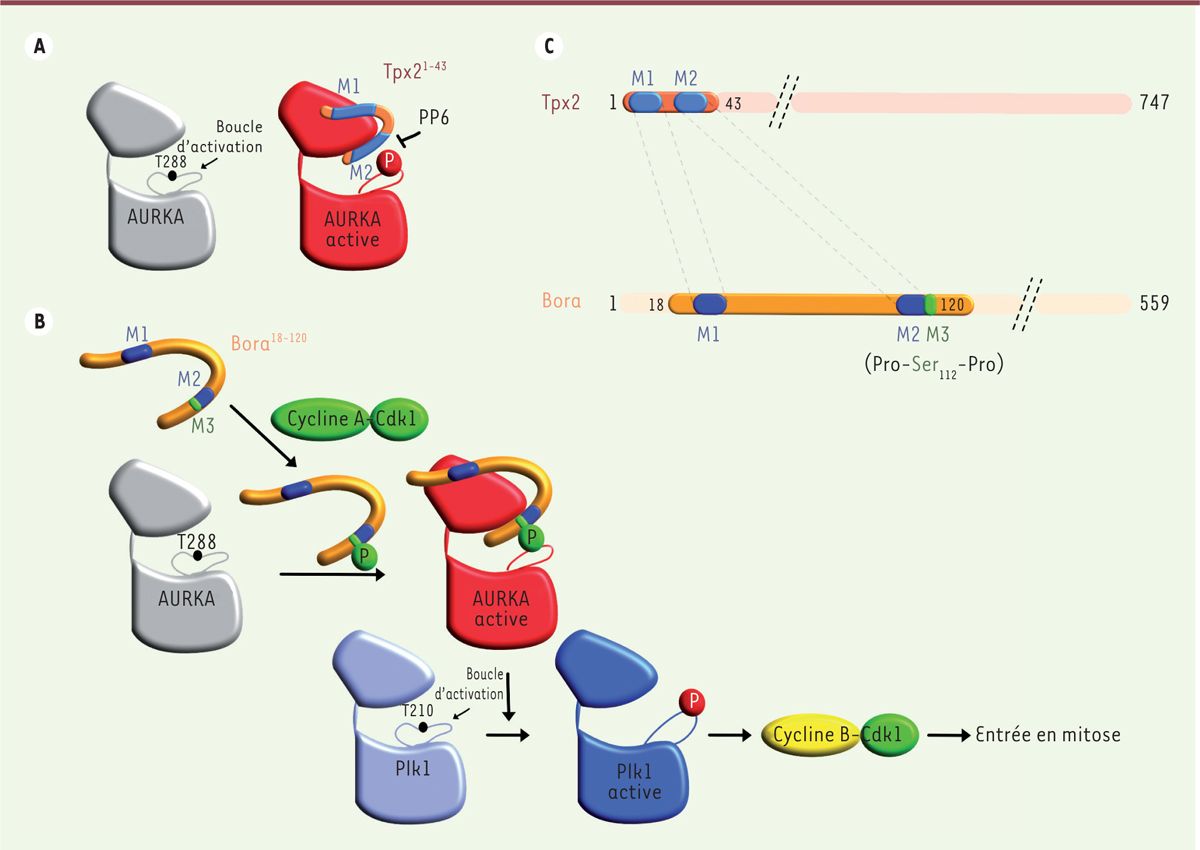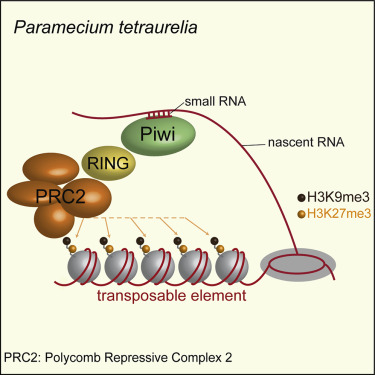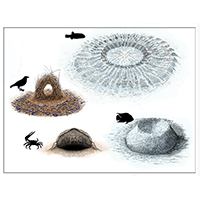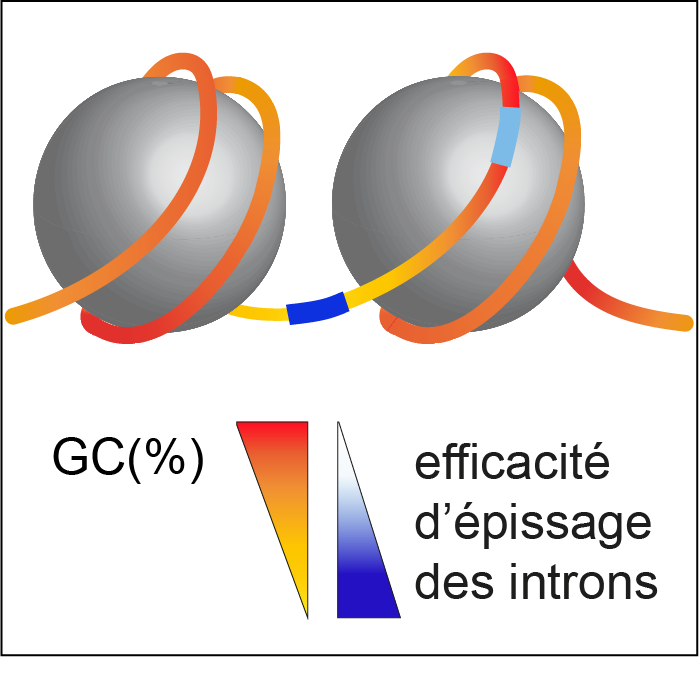Félicitations à l'équipe Ribes pour ce nouvel article publié dans PLOS Genetics!
Divergent transcriptional and transforming properties of PAX3-FOXO1 and PAX7-FOXO1 paralogs
Abstract
The hallmarks of the alveolar subclass of rhabdomyosarcoma are chromosomal translocations that generate chimeric PAX3-FOXO1 or PAX7-FOXO1 transcription factors. Overexpression of either PAX-FOXO1s results in related cell transformation in animal models. Yet, in patients…
